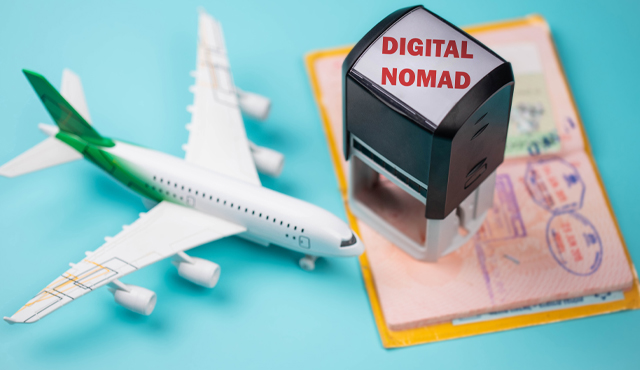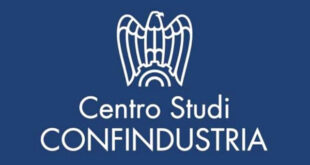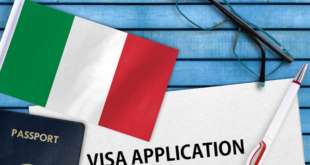The Italian government has issued the final piece of legislation necessary to implement the Digital Nomad Visa, a game-changing instrument for highly skilled workers from outside the European Union.
With the Decree of the Ministry of the Interior dated Feb. 29, 2024, published in the Official Gazette on April 4, 2024, it is now possible for non-EU citizens to apply to work and live in Italy without falling under the complex maximum quota legislation.
The visa is aimed at non-EU nationals who perform highly qualified work using technological tools that allow them to work remotely. They can either be self-employed or work for a company, even one that isn’t based in the country the worker lives in.
The applicant must be highly qualified, either by successfully completing higher education courses of at least three years duration or be working in a profession whose qualifications are recognized by Italy. Other qualifications may count, including holding a Blue Card issue by another EU country.
Applicants must also have:
- A minimum annual income of approximately €28,000. However, each Italian Consulate may have its own criteria regarding acceptable sources of income, which may require a higher threshold. It is advisable to contact your specific Italian Consulate in advance to understand their interpretation and explore how to formulate your application to meet local nuances.
- Health insurance that covers medical treatment and hospitalization throughout Italy.
- No criminal record.
- Proof of accommodation in Italy.
- Proof of at least six months experience in your field of work.
- A current employment contract or a definite job offer. This documentation must explicitly state that the position requires skills equivalent to an advanced degree.
Freelancers must provide engagement letters or other documents that serve as evidence of contracts with their clients. These documents should clearly indicate the nature of the highly skilled work being performed.
The digital nomad must apply for the VISA at the appropriate diplomatic or consular mission by submitting a statement signed by the employer (or by submitting a self-declaration in the case of freelancers) and a copy of the identity document.
The employee must also certify that there have been no criminal convictions (e.g. illegal immigration, illegal recruitment and labor exploitation, etc.) in the last five years. The diplomatic-consular offices will carry out random checks of the declarations.
Once the visa is obtained, the applicant must apply for a residence permit at the police headquarters of the province where the foreigner resides within eight working days of entering Italy. The permit will be marked “Digital Nomad —Remote Worker Permit.” The police headquarters will send a copy of the work or collaboration contract to the territorial labor inspectorate. The permit will be valid for a maximum period of one year and may be renewed annually if the conditions and requirements that allowed its issue continue to be met.
The digital nomad will be allowed to reunite with family members, and family members may be issued a residence permit for family reasons with the same duration as that issued to the worker.
 Fra Noi Embrace Your Inner Italian
Fra Noi Embrace Your Inner Italian







